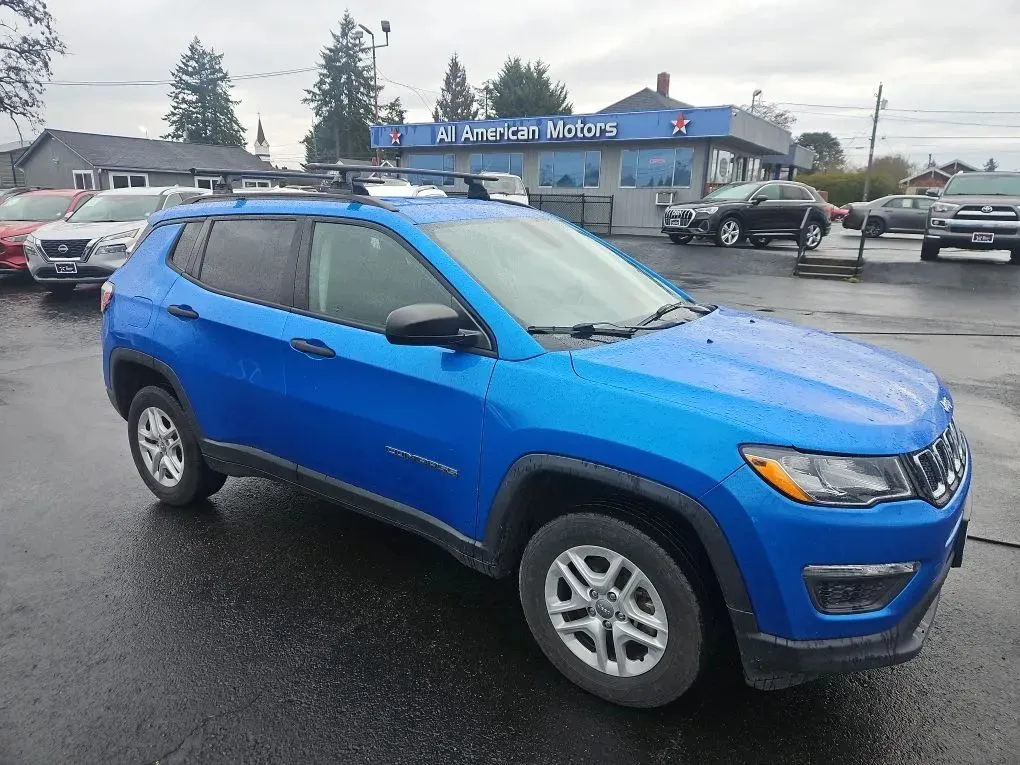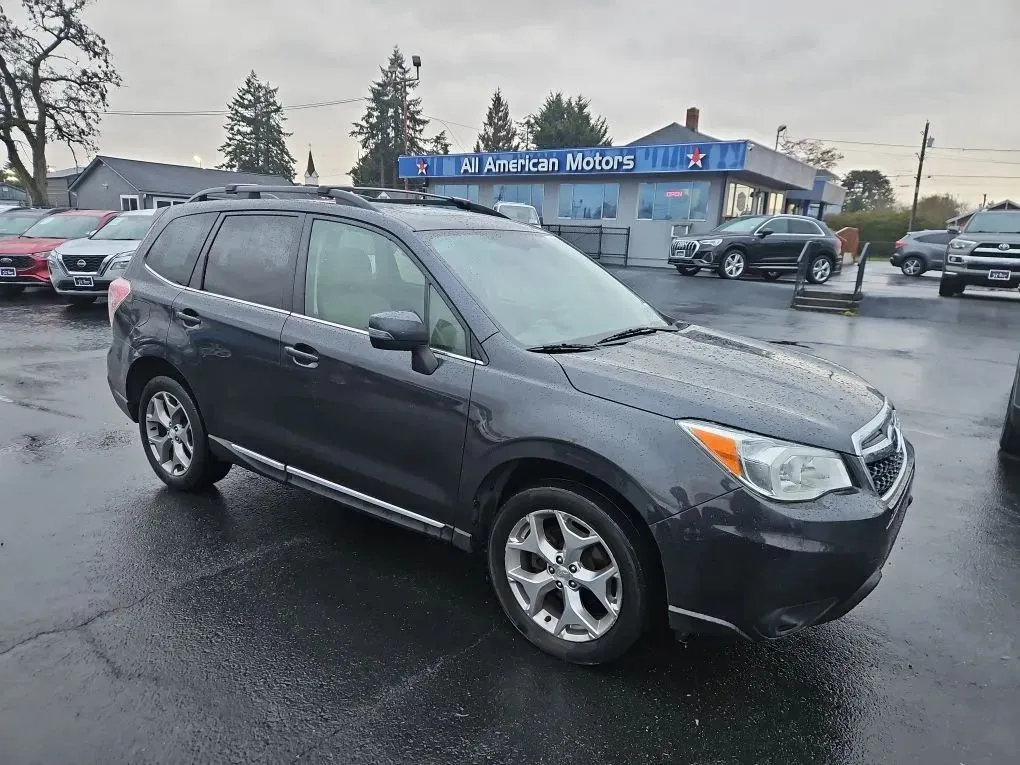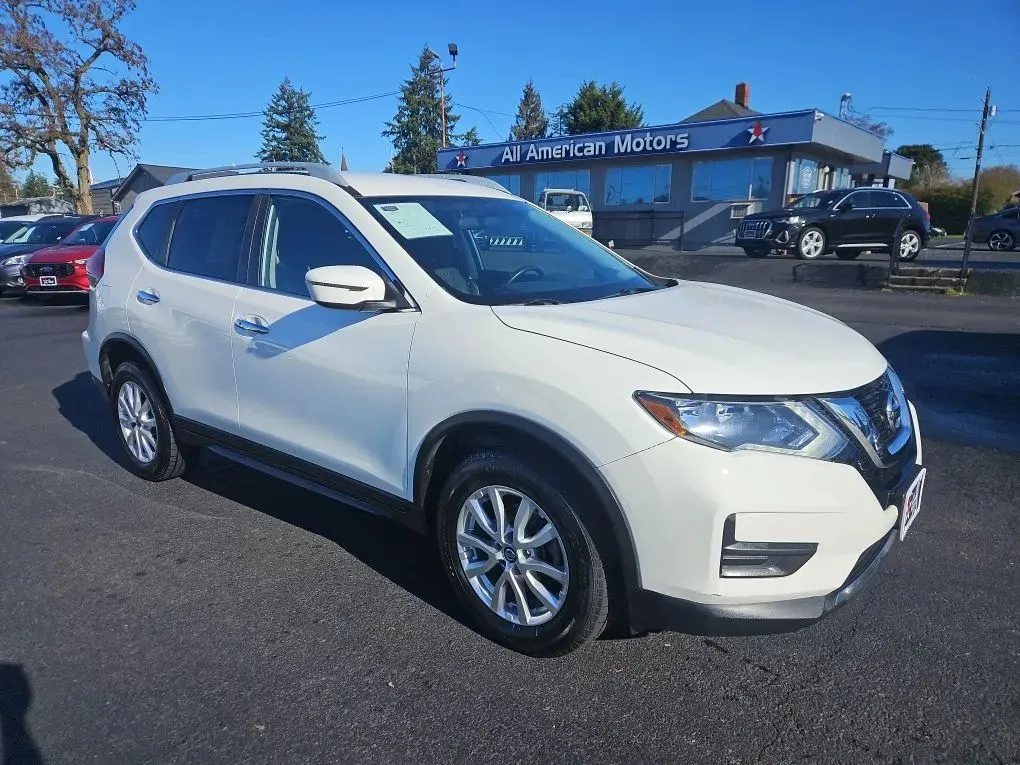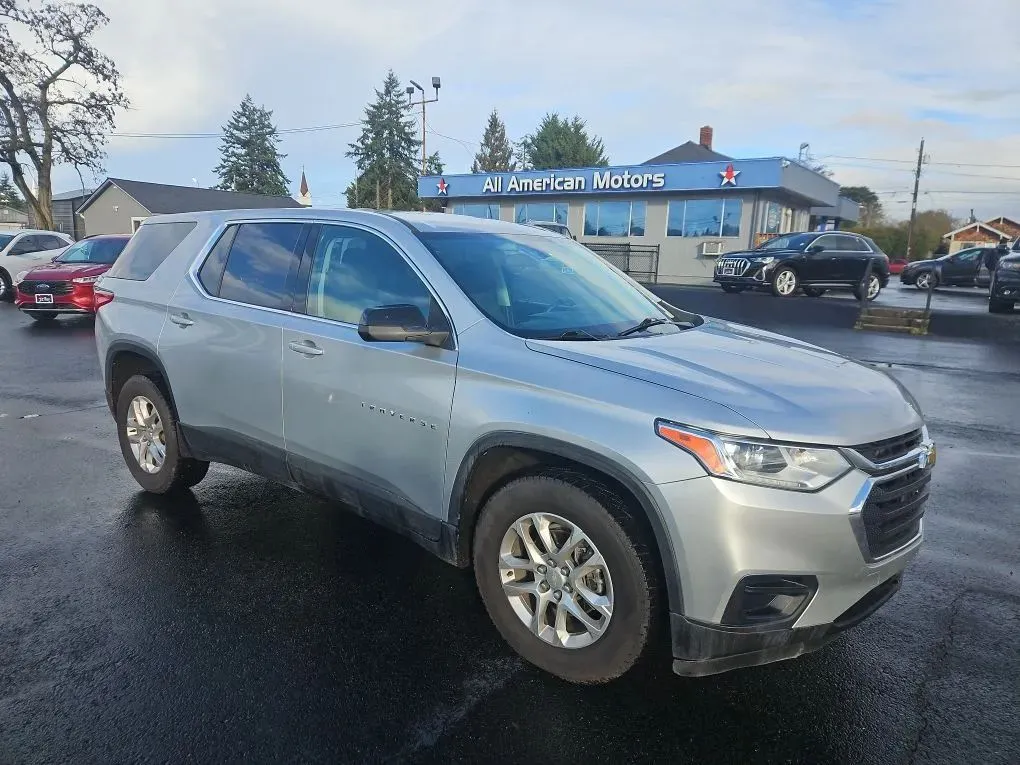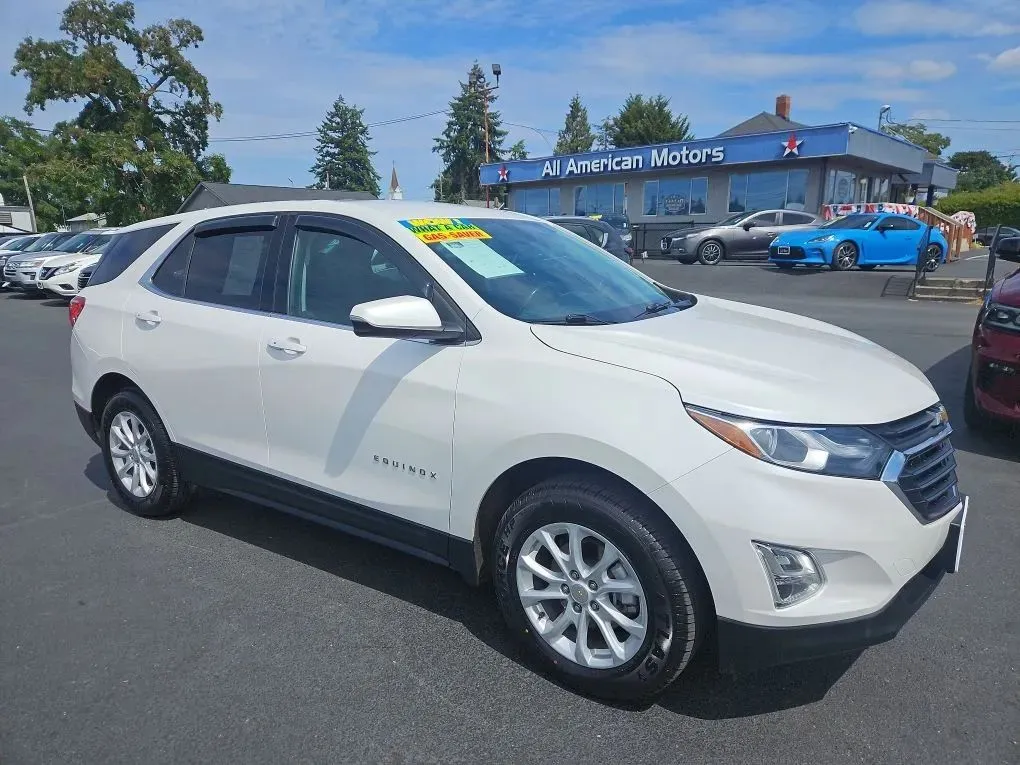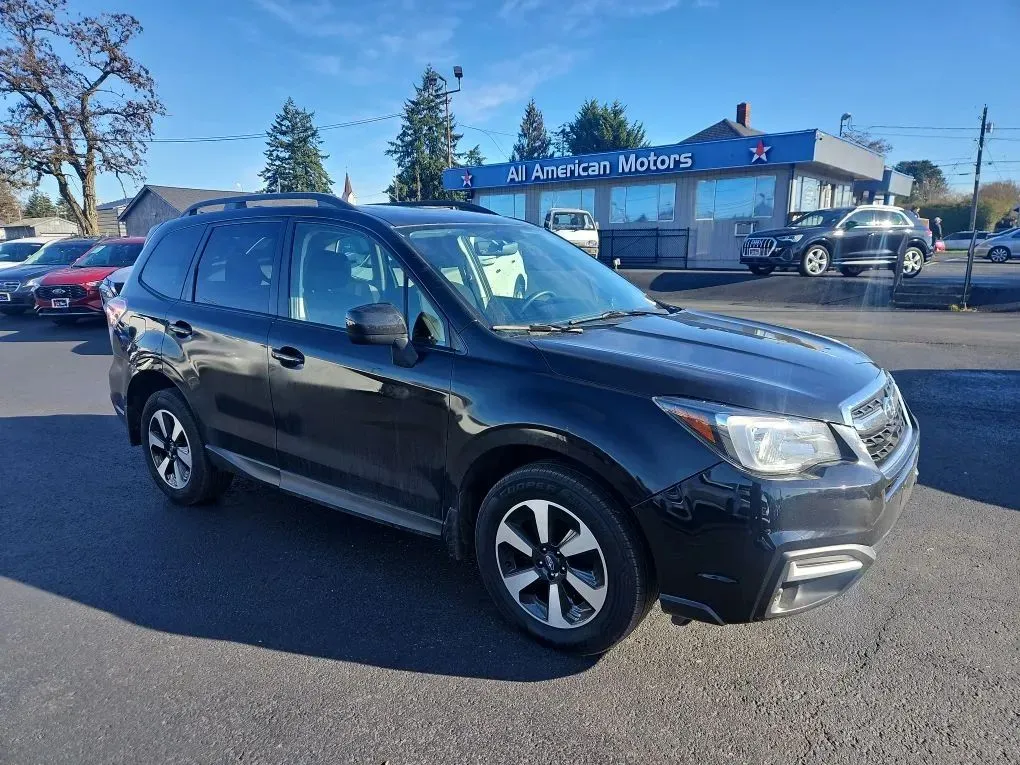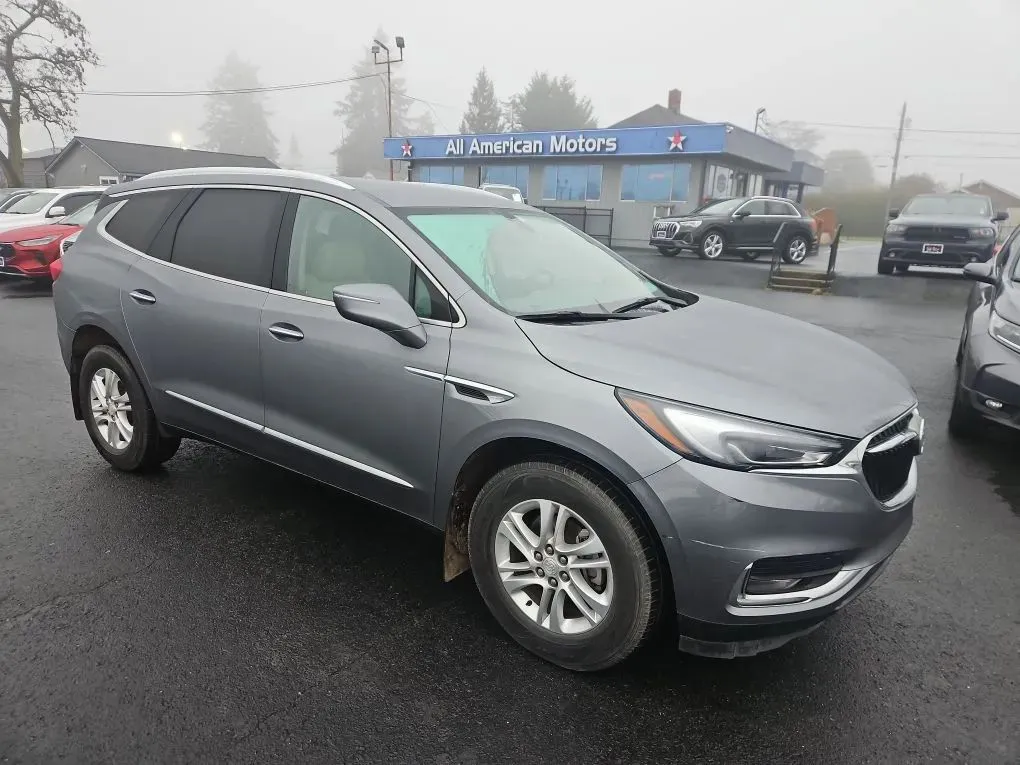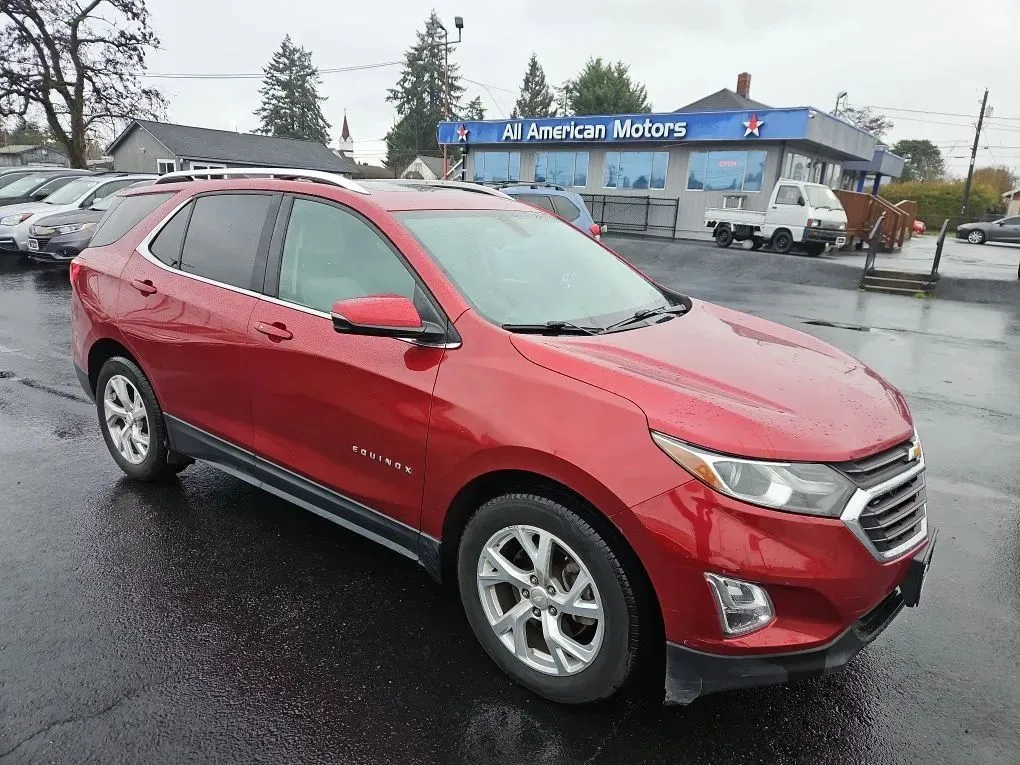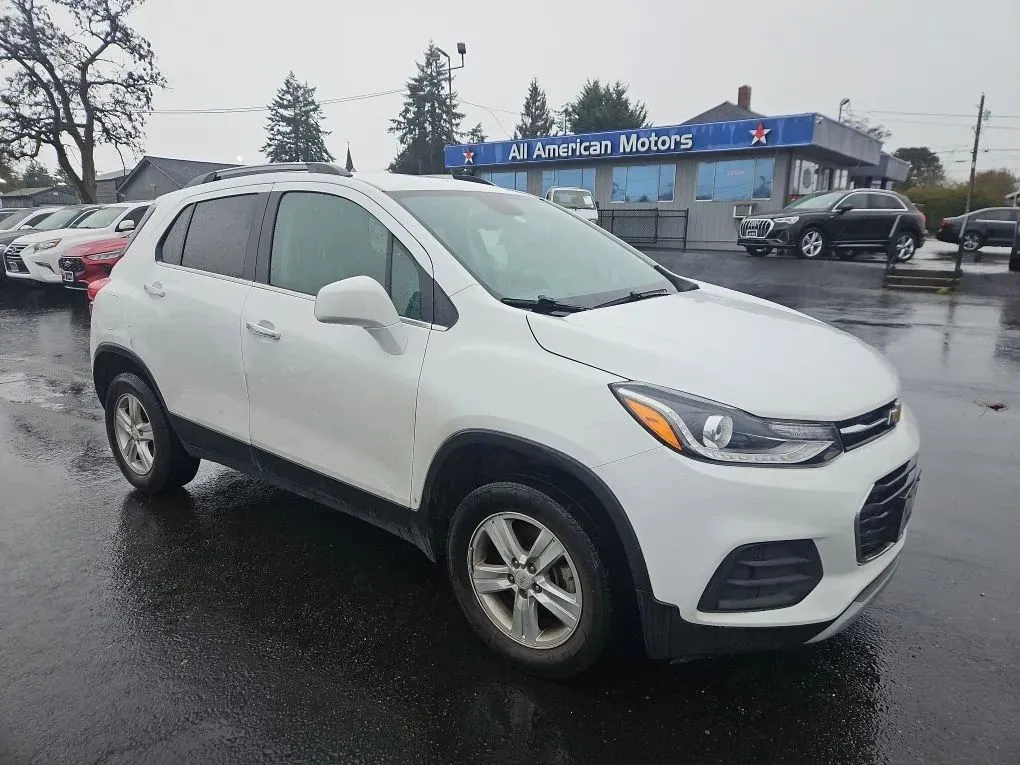When Your Used Car's Power Locks Malfunction
Table of Contents
- Common Causes Of Power Lock Malfunctions
- 1. Blown Fuses or Damaged Wiring
- 2. Worn-Out Door Lock Actuators
- 3. Key Fob or Transmitter Problems
- 4. Faulty Switches on the Door Panel
- 5. Control Module Problems
- Immediate Steps To Take When Power Locks Malfunction
- When To Seek Professional Help
- - Persistent Problems
- - Complex Electrical Issues
- - Unpredictable Lock Behavior
- Preventive Measures To Avoid Future Malfunctions
- - Inspect regularly
- - Protect against moisture
- - Keep your key fob clean
- - Replace batteries every couple of years
- - Get unusual behavior checked out early
- Keeping Your Locks Reliable Over Time
Few things are more frustrating than walking up to your car, pressing the button on your key fob, and nothing happens. You try again. Still nothing. Now you’re stuck fumbling with the key to manually unlock the door, and that’s if your door even has a keyhole anymore. Power locks should make life easier, but when they stop working right, they do the opposite.
For drivers around Tacoma, especially in the fall when daily chores and commutes start picking up speed again, faulty power locks can be a real hassle. Whether you’re trying to keep your family safe or just want the convenience of unlocking the doors with one tap, working locks matter. If your used car's power locks start acting up, it helps to know why it’s happening and what your next move should be.
Common Causes Of Power Lock Malfunctions
When power locks stop responding, the root of the problem usually comes down to a few common issues. Each one ties back to how your car’s electrical and mechanical systems interact. Understanding the possible reasons can help you know what kind of help to ask for down the line.
Here are some of the usual suspects:
1. Blown Fuses or Damaged Wiring
It doesn’t take much for a fuse to blow, especially in older used cars. Fuses are meant to protect sensitive parts of your electrical system. If one goes out, the power locks might be the first thing you notice. Wiring issues, often due to wear or corrosion, can also break the connection.
2. Worn-Out Door Lock Actuators
The actuator is the small motor inside the door that moves the lock. If it’s been used for years or exposed to rough conditions, it might start to fail. You might hear a sound when you press the button, but the lock doesn’t move.
3. Key Fob or Transmitter Problems
The trouble may not be with the car itself. Dead batteries in the key fob are a common reason for lock problems. If locking and unlocking with the key works, the issue is likely the fob. A quick battery replacement can sometimes fix everything.
4. Faulty Switches on the Door Panel
If your power locks only respond from some of the switches and not others, you could be dealing with a worn-out or damaged switch. Years of use, spills, or plain old wear and tear can cause this.
5. Control Module Problems
In many newer used cars, a separate module runs certain functions like the locks. These mini computers can experience internal faults, causing random or complete failure of the lock system.
If your locks work on and off, you’re likely facing wiring or fuse problems. If you hear the actuator moving but the lock doesn’t engage, the motor inside may be weakening or slipping. These details can help you describe the issue better when you reach out for help.
Immediate Steps To Take When Power Locks Malfunction
Power lock failures usually come out of nowhere, but there are a few things you can do on the spot to stay safe and reduce inconvenience. Think of these as your short-term go-to moves while deciding your next step.
- Check the fuse box
Locate the fuse responsible for the power locks. If you see a blown fuse, replace it with one that has the same amperage rating. If the new fuse blows soon after, it points to an electrical issue needing expert attention.
- Try the key fob on each door
See how each door responds individually. If only one or two locks aren't working but others are fine, the problem might be specific to one door’s actuator or wiring.
- Replace the battery in the key fob
Batteries in key fobs fade faster than people expect, especially when exposed to frequent use or temperature swings. A dead or weak battery often explains sudden power lock failure.
- Use manual locks
While dealing with the issue, don’t forget you still have a backup. Interior lock tabs or door pins can be used to secure or unlock the doors until repairs are made.
- Don’t put it off
A shaky lock system only gets worse over time. You don’t want to find yourself locked out—or unable to lock up—at the worst possible moment.
These steps might restore short-term function or at least help you manage the situation for the time being. But if things keep going wrong after these quick checks, it’s time to talk to a professional.
When To Seek Professional Help
Not all power lock problems can be handled with a few simple steps. Getting stuck in guesswork can waste time and possibly make things worse. So how do you know when it’s time to turn to an expert?
- Persistent Problems
If your locks continue to act up despite replacing fuses or batteries, it signals something deeper. Wiring issues and failing modules are hard to diagnose without training and specialized tools.
- Complex Electrical Issues
Electrical repairs often mean taking apart interior panels and working closely with sensitive systems. One slip might cause further damage. Pros know where to look and how to test the system correctly.
- Unpredictable Lock Behavior
Random problems that come and go are some of the hardest to diagnose without experience. This could mean a glitchy control module or a wire on its last leg. Either way, guessing your way through could lead to more problems.
Getting your power locks checked by someone who knows their way around used cars saves time and reduces stress. Professionals have proper diagnostic equipment and techniques, and they can resolve something in hours that might take a novice days or more.
Preventive Measures To Avoid Future Malfunctions
Once you’ve dealt with a power lock issue, you probably never want to go through that again. Fortunately, there are a few simple habits that can help you steer clear of more problems down the road.
- Inspect regularly
Take a moment every once in a while to test each lock and listen for any weird noises when locking or unlocking. Strange clicks or delays can be early clues something’s going wrong.
- Protect against moisture
Moisture from rain or car washes can make its way into switches and connectors. If the seals around your doors are cracked or worn, replace them to reduce the chance of corrosion inside your doors.
- Keep your key fob clean
Over time, dust or grime can cause poor contact between the battery and internal components. Lightly wiping the inside components with a dry cloth helps keep things running smoothly.
- Replace batteries every couple of years
Even if your key fob works, an aging battery may lead to weaker signals. High or low temperatures can speed up battery drain, so it’s good practice to stay ahead of it.
- Get unusual behavior checked out early
If something feels off, even if the lock eventually works, it’s worth a second look. Catching problems early often means quicker and cheaper fixes.
By treating the locks like any other key system in your used car, you’re much less likely to end up with sudden failures when you least expect them.
Keeping Your Locks Reliable Over Time
Having your power locks working properly is more than a convenience. It’s central to feeling secure in your used car. Whether you’re commuting around Tacoma or heading out with kids in the backseat, you want to know your vehicle will lock and unlock exactly when you need it to.
Getting familiar with the most common causes of lock issues and knowing what small fixes can help you in a pinch is useful. But more importantly, knowing when to let a trained professional take over can keep the issue from snowballing.
Stay on top of the little things like checking door seals, cleaning the fob, or listening for slow actuators. These small routines can make a big difference in keeping problems away. Investing a little time now in taking care of your locks could save you from the stress of full-blown failures down the road. And when you’re ready for a smoother used car experience, we’re here for you in Tacoma.
If you're looking for a secure and dependable ride, explore our selection of used cars at All American Motors. With a range of options to fit your lifestyle and budget, you're just a step away from finding the perfect match for your needs in Tacoma.

